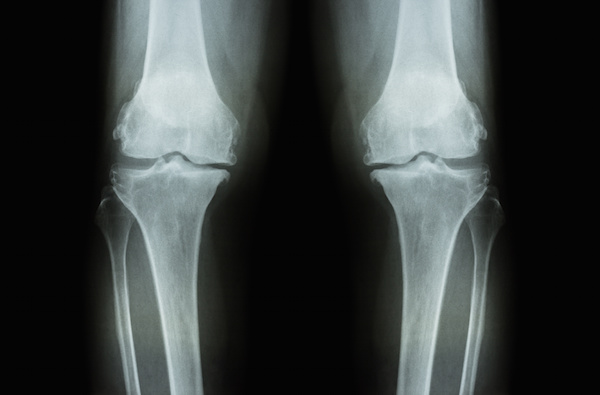Mindfulness and Pain
Mindfulness is the hot discussion topic for day number two of Women’s Health week. Research has shown that Mindfulness can be effective in helping us manage depression and anxiety. It can help to decrease stress, worry and anger.
But what is Mindfulness?
Mindfulness is about paying more attention to the present moment, being aware of what we are doing and where we are, without being distracted by the busy world around us. Mindfulness allows us to clear the mind and become responsive rather than reactive to situations.
Anyone can practice mindfulness! Follow these simple tips to introduce mindfulness into your day:
- Eating mindfully – enjoy your eating savouring each mouthful and away from screens, on the move or not at all
- Daily mindfulness activities – use a daily task such as having a shower, catching the bus to be present to the moment
- Walking mindfully – focus on your pace and breath while engaging your core and pelvic floor and enjoy the outdoors which can bring so much joy!
How can Mindfulness affect my pain levels?
Many people experience pain at some point in their lives but for those suffering from increased levels of stress, anxiety or depression these symptoms can be particularly intense and difficulty to manage. A review of the research found mindfulness can help reduce pain and depression symptoms and improve quality of life.


